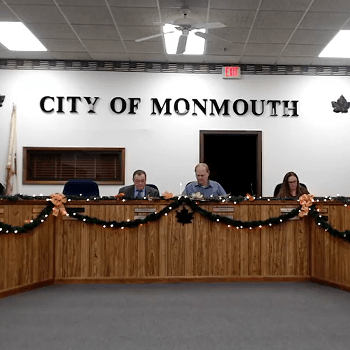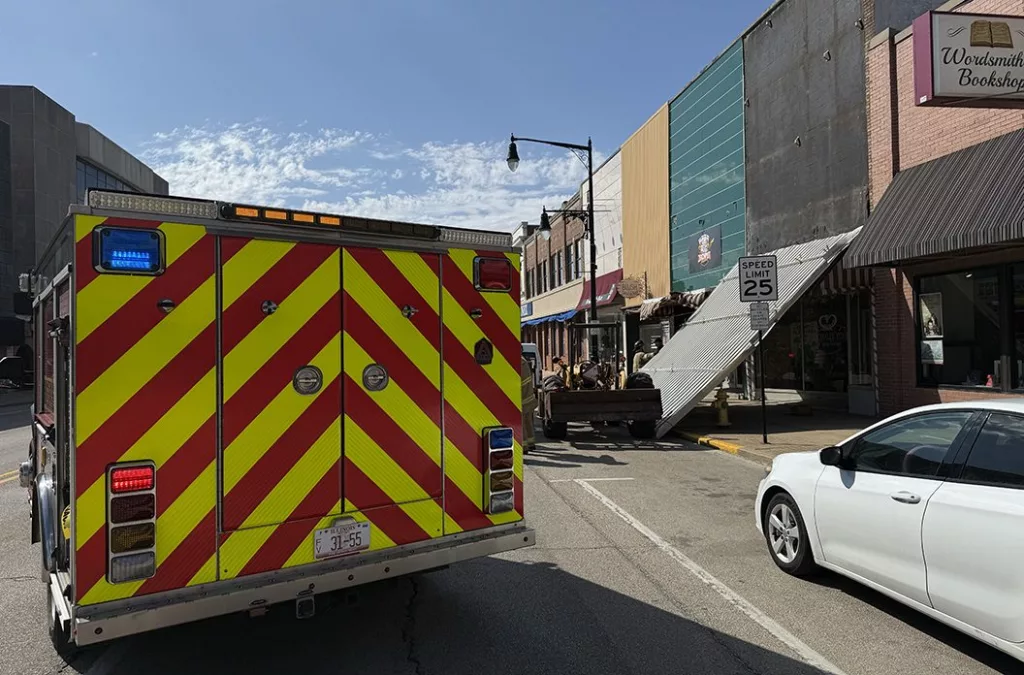Aldermen in Monmouth approved a resolution this week to support the state’s current Tax Increment Financing district laws, something that could be coming under fire in the new legislative session.
City Administrator Lew Steinbrecher tells WGIL that the Illinois Municipal League has encouraged municipalities to pass resolutions in support of the current TIF laws. Steinbrecher said that changes could include requiring cities to get the sign-off of other municipalities that share taxable property, such as the county government or area school districts.
Steinbrecher says the IML has warned its members that that legislation is likely to be re-introduced this legislative session.
“IML, through their lobbying efforts with state senators and state representatives regarding what they think will be proposed legislation to restrict TIF, will use that to try to convince legislators not to vote for those additional restrictions.”
He says that tax increment financing has been a very important economic development tool for Monmouth, with several TIF districts throughout the city.
“I think you’re going to continue to see projects emerge and we’ll see similar success stories in the future.” Monmouth seeing growing interest in small businesses utilizing established TIF districts.
The downtown TIF was created in the early 1990s and is credited with investing over $360,000 in TIF funds to leverage $1,700,000 in private investment and saving many historic buildings downtown. Steinbrecher says that seven vacant properties have been re-occupied as a result of these TIF investments.
The second TIF was created to assist with the demolition of the old K-Mart store and the building of the Fareway grocery store. The third TIF was recently established, and stretches from the old Shop-Ko property, down Main Street. Steinbrecher says that TIF has seen several property owners take advantage of it.
Steinbrecher says that TIF has been, by far, the best economic tool the City of Monmouth has at its disposal, adding that putting new restrictions on its use would hamper redevelopment and job creation.







